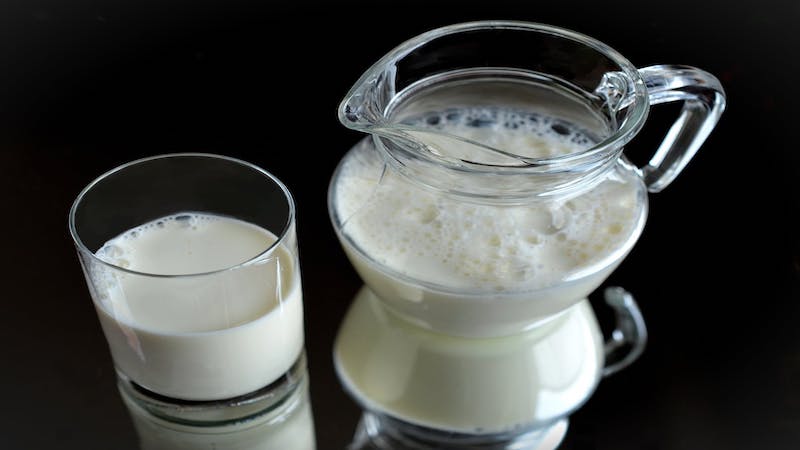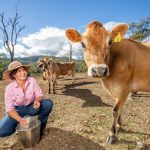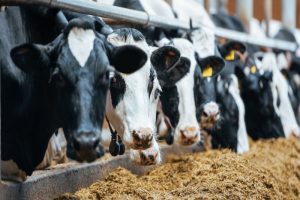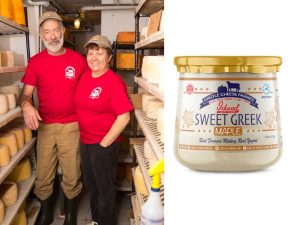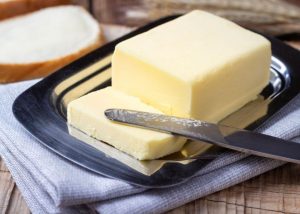
However, the growth potential is huge. MarketWatch notes the market is expected to grow by a compound average growth rate of 22 percent between 2020 and 2025, reaching $22 billion in sales by 2025.
While studies on the benefits of A2 milk are scarce and often conflicting, some results show that A2 milk could be easier to digest for some people who think they are intolerant to lactose, a milk sugar, but who in reality could be sensitive to the A1 milk protein. For these people, drinking A2 milk could result in fewer digestive issues and bloating than drinking conventional or lactose-free milk, studies show.
According to Betty Berning, analyst with the Daily Dairy Report, “A2 milk distinguishes between two beta-casein proteins found in cows’ milk, A1 and A2. A2 is a recessive trait, meaning a cow must have two copies of the A2 gene to produce A2 milk.”
Some people consider the A2 protein to be a more natural form of beta-casein, due to the possibility that the A1 gene could be a mutation, Berning says. Scientists believe that the reason there are two versions of the beta casein protein, A1 and A2, is because a genetic mutation occurred around the time cattle were domesticated in Europe — about 5,000-10,000 years ago. At that time, Berning says that it is thought the mutated A1 gene spread throughout the cattle population in Europe and the United States.
The New Zealand-based a2 Milk Company, the largest firm selling A2 milk, reported fiscal 2020 earnings of $1.13 billion, a 33% increase from 2019. A majority of the company’s profits originate from its infant nutrition products sold primarily in Australia, New Zealand, and China. The firm’s U.S. sales of $43 million are solely fluid milk.
“The company’s U.S. sales, while a small portion of total sales are growing rapidly,” Berning notes. “The firm’s 2020 U.S. sales grew 91% from the previous year despite the product selling for a $4 premium for 59 fluid ounces. That’s more than twice the price of conventional milk.”
The growth has not gone unnoticed by the U.S. dairy industry. “Some dairy producers have started to convert their herds to all A2 cows, and a few are even bottling and marketing their milk, because limited options exist to sell A2 milk directly to a U.S. bottler at a premium,” Berning says.
Genetic companies have been keen to capitalize on A2 milk. An estimated 60 percent of sires offered by semen companies are now A2A2, meaning they have two copies of the A2 gene, Brand Heins, dairy scientist with the West Central Research and Outreach Center in Morris, Minnesota, told the Daily Dairy Report. In addition, U.S. genomic companies now offer testing services that range from $25 to $40 to determine whether a cow has two A2 genes.
“It would easy enough for farms to convert their cows to A2A2 through breeding programs,” Berning says, noting that breeds such as Guernsey, Jersey, Brown Swiss, and Normande Red, are more likely to carry the recessive gene than Holsteins.
If consumers show they are willing to pay more for ever larger quantities of A2 milk, the dairy industry could quickly ramp up A2 production, she notes. “But if supplies were to increase substantially, that could erode the A2 premium over time,” she adds.
